In the design and maintenance of heavy-duty trucks, shock absorbers, as a crucial component of the suspension system, play a vital role in improving vehicle stability, safety, and comfort. Whether on highways or rough mo...
READ MORE-
-
Peace be upon you. ZHEJIANG GEREP AUTOMOTIVE PARTS MFG.CO., LTD., a leading manufacturer of shock absorbers in China, is proud to announce its participation in the upcoming 2026 Saudi Arabia Auto Parts Exhibition in Riya...
READ MORE -
In modern cars, the suspension system and shock absorbers play a crucial role in ensuring vehicle stability and comfort. The rear shock absorbers, in particular, not only directly affect the smoothness of the driving exp...
READ MORE
What are the unique features of the production process of Fiat passenger car shock absorbers? Are advanced production technologies or processes used?
1. High-precision design and simulation
GEREP used high-precision computer-aided design (CAD) and computer-aided engineering (CAE) technologies in the early stages of shock absorber design. By conducting in-depth analysis of the specific needs of Fiat models, combined with vehicle dynamic characteristics and road conditions, engineers were able to accurately calculate the stiffness, damping characteristics and travel range required for the shock absorber. Furthermore, using finite element analysis (FEA) and dynamic simulation software, the stress distribution and fatigue life of the shock absorber under various working conditions are predicted and optimized, thereby ensuring the reliability and durability of the product at the design stage.
2. Advanced materials and lightweight design
The development of materials science is one of the key factors driving the advancement of shock absorber technology. GEREP actively uses high-performance alloy materials, such as high-strength aluminum alloys and special alloy steels, which not only have excellent mechanical properties, but also effectively reduce the weight of the shock absorber and improve fuel efficiency. In addition, GEREP is also committed to the research and development and application of new composite materials, such as carbon fiber reinforced plastics, to further achieve lightweight goals while maintaining or improving shock absorption. Through the advancement of materials science, GEREP's shock absorbers achieve more efficient energy absorption and dispersion while ensuring safety.
3. Precision manufacturing and quality control
During the production process, GEREP introduced advanced German machining centers and precision mold development technology to ensure the dimensional accuracy and shape stability of each component of the shock absorber. From the precision machining of the piston rod to the precision assembly of the oil seal, every step follows strict process flow and quality control standards. In particular, GEREP has more than 20 professional QA inspectors who use advanced testing equipment and methods, such as three-coordinate measuring machines, non-destructive testing technology, etc., to strictly test the various performance indicators of the shock absorber to ensure that each product meets or exceeds industry standards and customer needs.
4. Dynamic testing and performance verification
In order to ensure that the actual performance of the shock absorber is consistent with the design expectations, GEREP has established its own new product development center and testing center. Here, the shock absorbers will undergo a series of rigorous dynamic tests and performance verification, including but not limited to: endurance tests (simulating vibration and impact during long-term driving), noise tests (evaluating noise levels under different road conditions), and performance tests under extreme conditions (such as high temperature, low temperature, humidity changes, etc.). These tests not only verify the basic functions of the shock absorbers, but also evaluate their adaptability and durability in the actual use environment to ensure the best driving experience for Fiat passenger cars.
5. Customized services and innovative design
GEREP is well aware that each car brand and model has its own unique needs, so it emphasizes customized services in the design of shock absorbers. In view of the characteristics of Fiat passenger cars, GEREP's engineering team will carry out targeted design and adjustments based on the specific parameters of the vehicle, driving style and market feedback. For example, by adjusting the viscosity and flow characteristics of the shock absorber fluid, the response speed and damping control of the shock absorber are optimized to meet the needs of different driving conditions and improve ride comfort and handling stability.
6. Intelligent and environmentally friendly manufacturing
With the advent of the Industrial 4.0 era, GEREP has also actively embraced intelligent manufacturing, and has achieved intelligent monitoring and management of the production process by introducing the Internet of Things, big data analysis and artificial intelligence technologies. This not only improves production efficiency, but also reduces resource waste, which is in line with the green development trend of modern manufacturing. In the production process of shock absorbers, GEREP focuses on energy conservation and emission reduction, adopts environmentally friendly materials and low-energy production processes, and strives to reduce the environmental impact of the product life cycle.
 EN
EN  English
English Español
Español


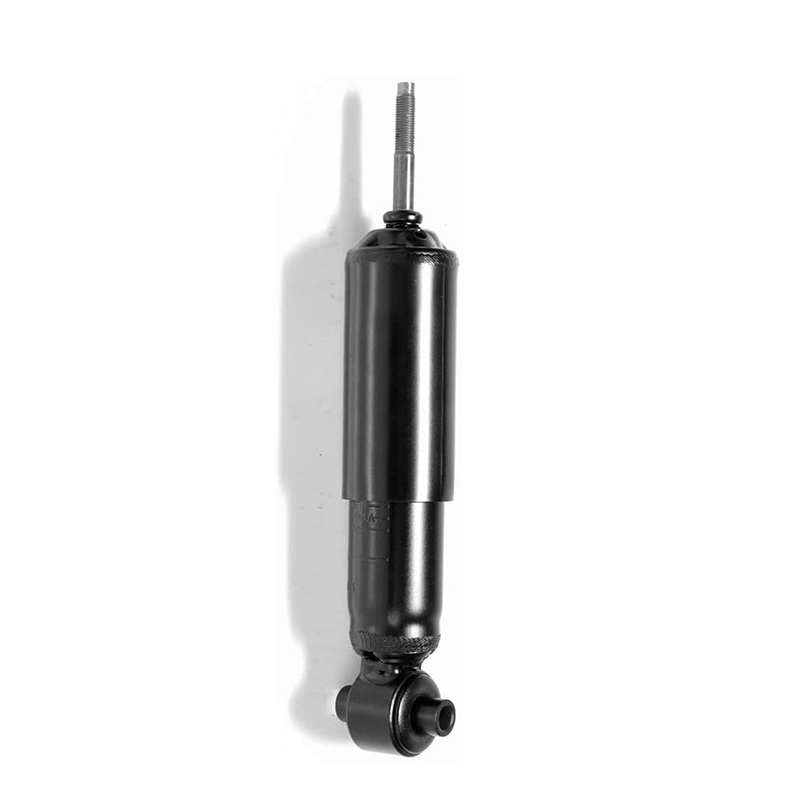
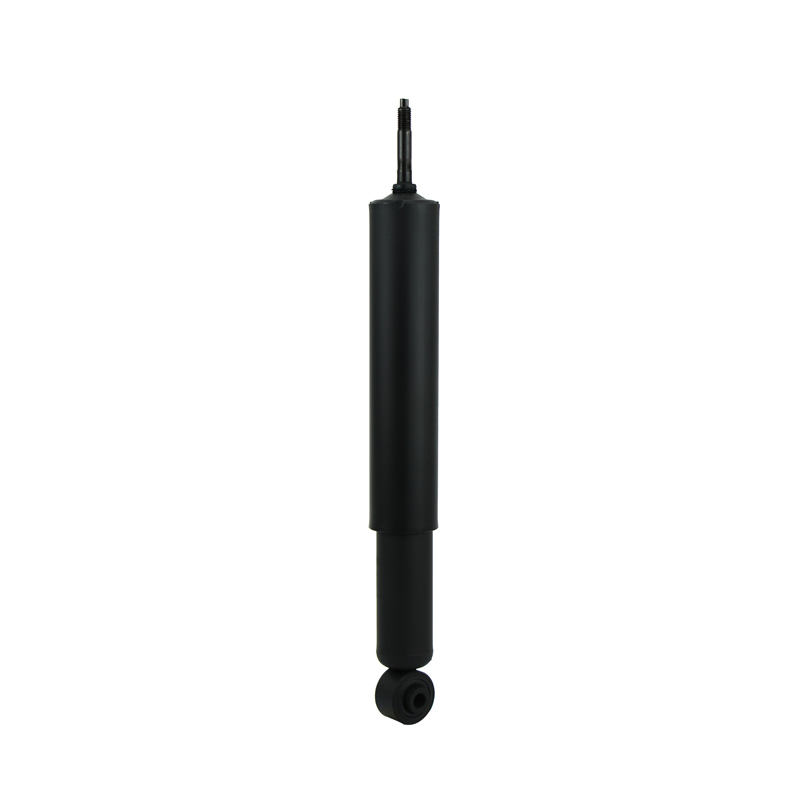
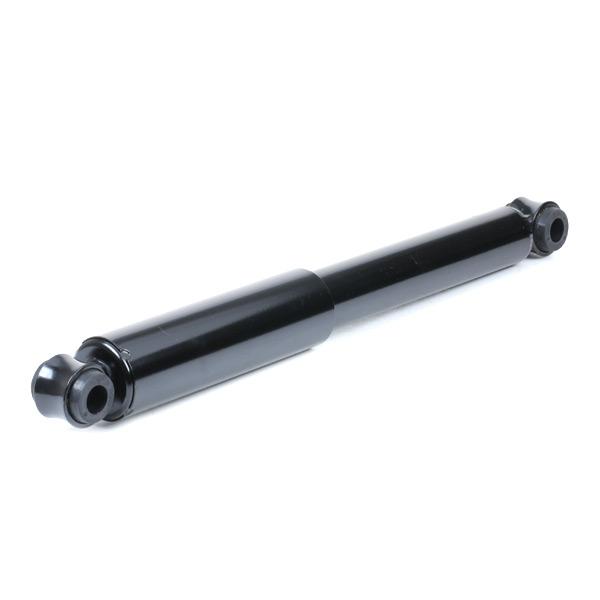
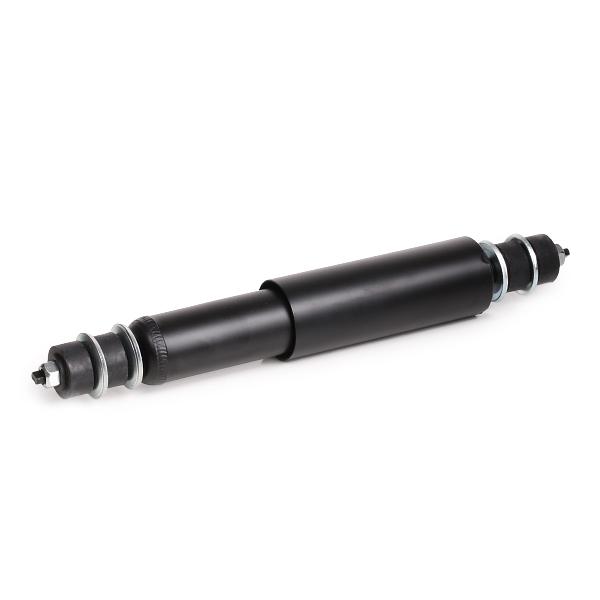
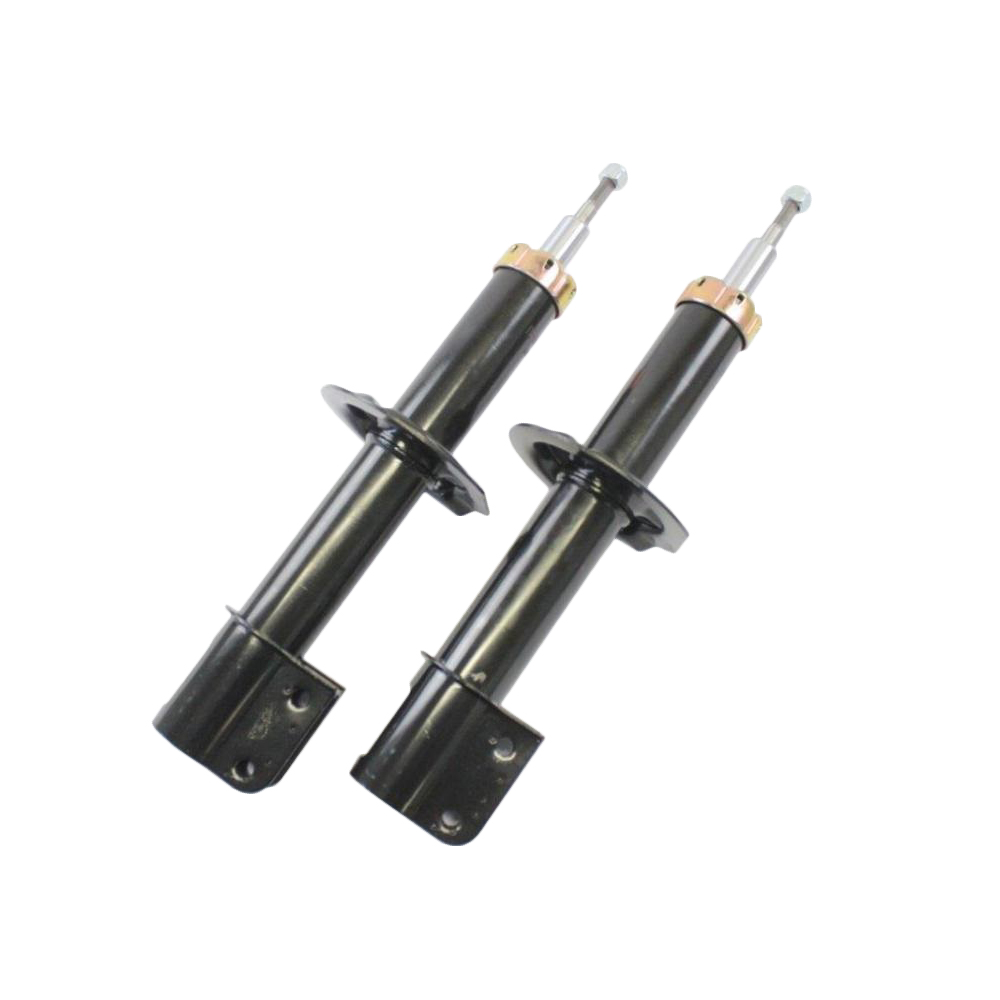
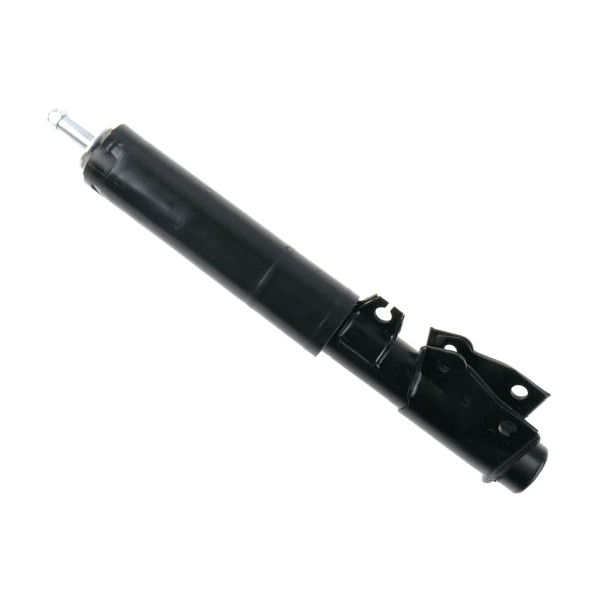
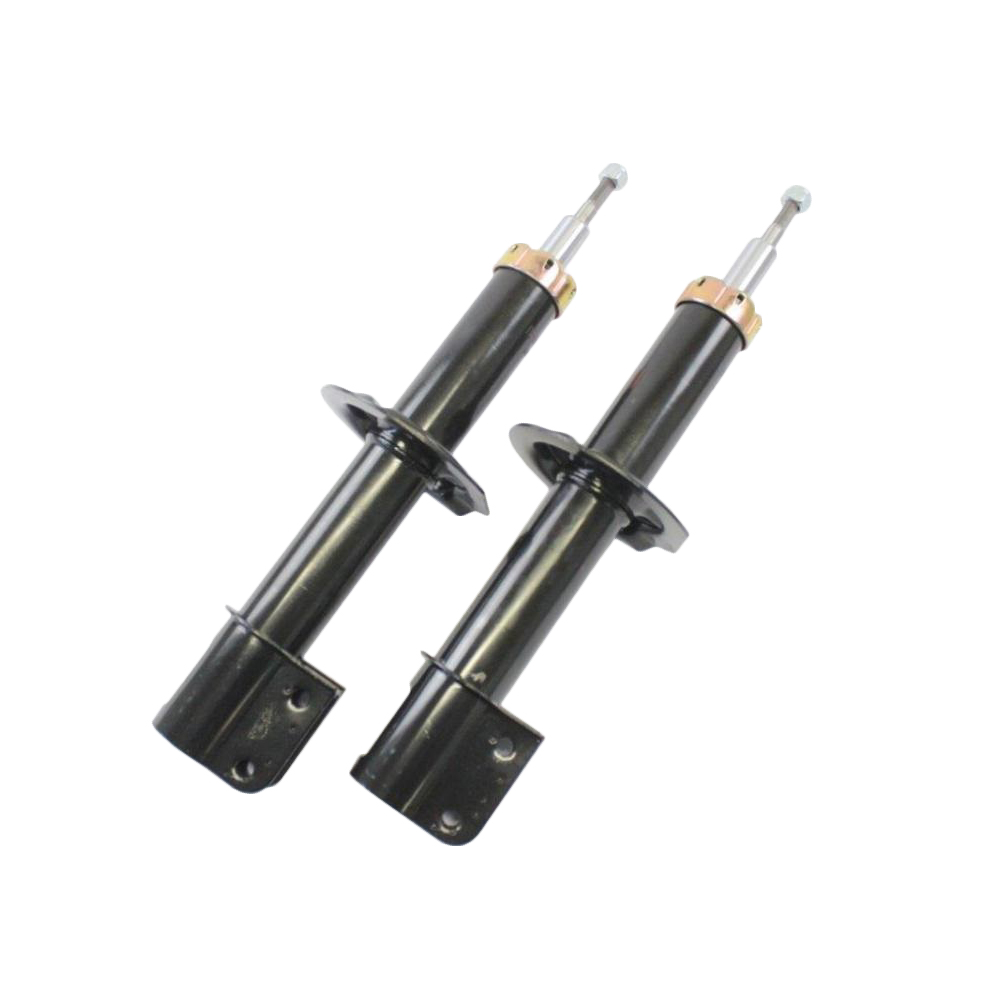
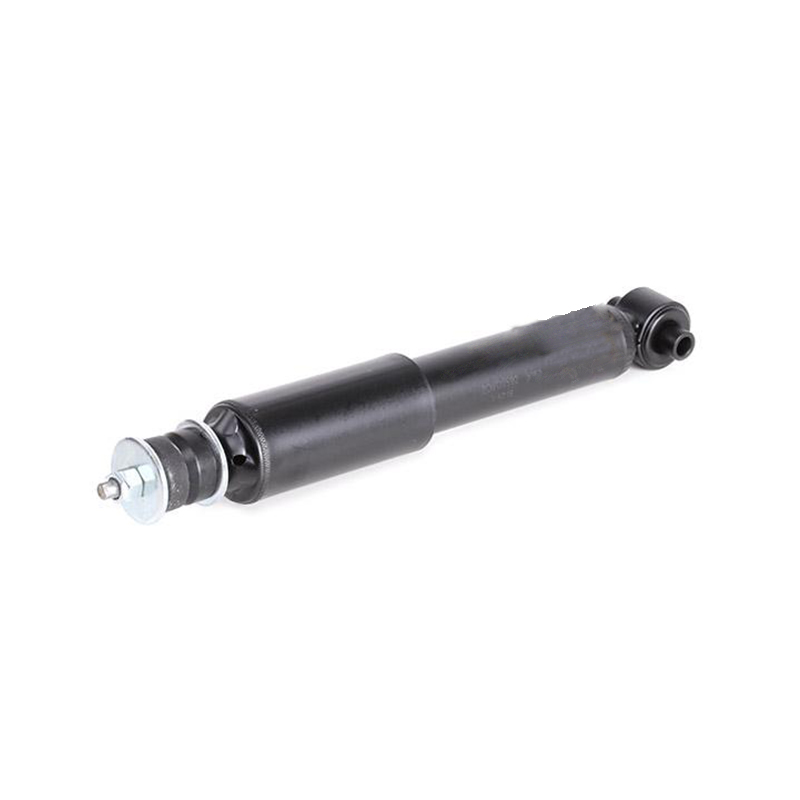
 +86-13757453333
+86-13757453333  +86-572-8355557
+86-572-8355557  Caroline@gerep.cn
Caroline@gerep.cn  No. 36, South Zhenxing Rd., Zhongguan Town, Deqing County, Huzhou, Zhejiang, China
No. 36, South Zhenxing Rd., Zhongguan Town, Deqing County, Huzhou, Zhejiang, China 